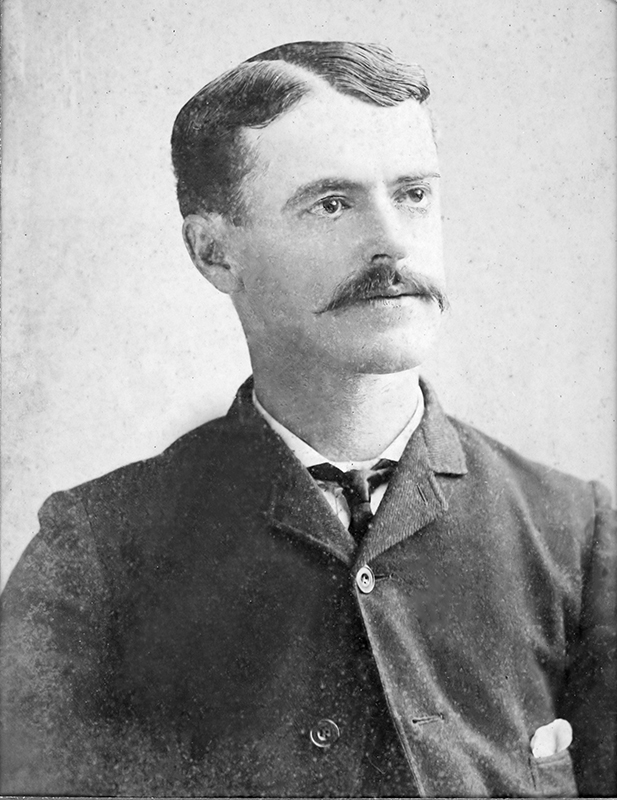For the crews of merchant ships, the sea has always been a dangerous place to work, and all too often fatal even to experienced mariners. In characterizing the progression of Milton’s historical economy from “boats” to “beans” to “buttons” and finally “beer,” we tend to forget that Milton men not only built “boats” (or more accurately, “ships”); they also sailed those vessels along the gulf and coastal sea lanes as well as much further on the open Atlantic Ocean. Occasionally, a ship’s luck would run out and good seamanship was not enough to offset the ravages of Nature.

Such was the case in February of 1908 with the Edward J. Berwind, under the command of Milton’s own Captain Frank Lacey. Sailing out of New Orleans on January 13th for Philadelphia, the ship was found abandoned in the Atlantic on February 7, with no sign of the crew. The story of the sighting and its final outcome was reported in the Milton News letter of February 21, 1908, but David Conner’s report does not begin to convey the ordeal faced by Capt. Lacey and his crew of ten. That story was carried by other newspapers through the wire services, among them the Scranton Republican of February 15, 1908; the clipping of that article can be read in the article Supplement: The Schooner Edward J. Berwind Disaster.
The report is worth reading: it is short, understated – and harrowing.

[…] well into the 20th century. In previous posts I have written about Capt. Charles Franklin Lacey (Captain Lacey’s Narrow Escape) and Capt. John Fletcher Fisher (Maggie Fisher’s Disappearing Act), but these are only short […]
[…] months ago, I posted the story of Captain Lacey’s Narrow Escape, an ordeal at sea in which the crew of the sloop Edward J. Berwind nearly lost their lives during a […]